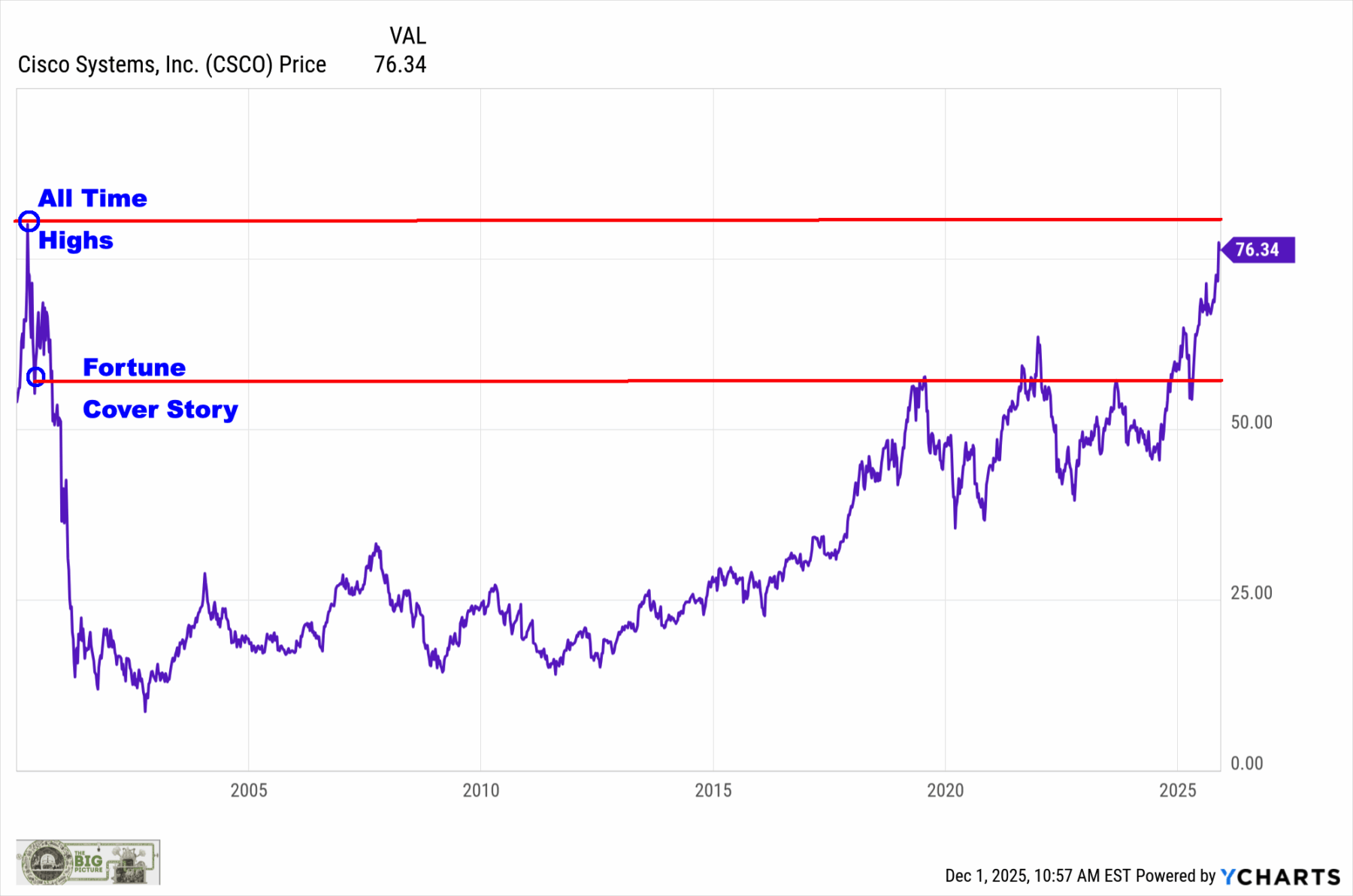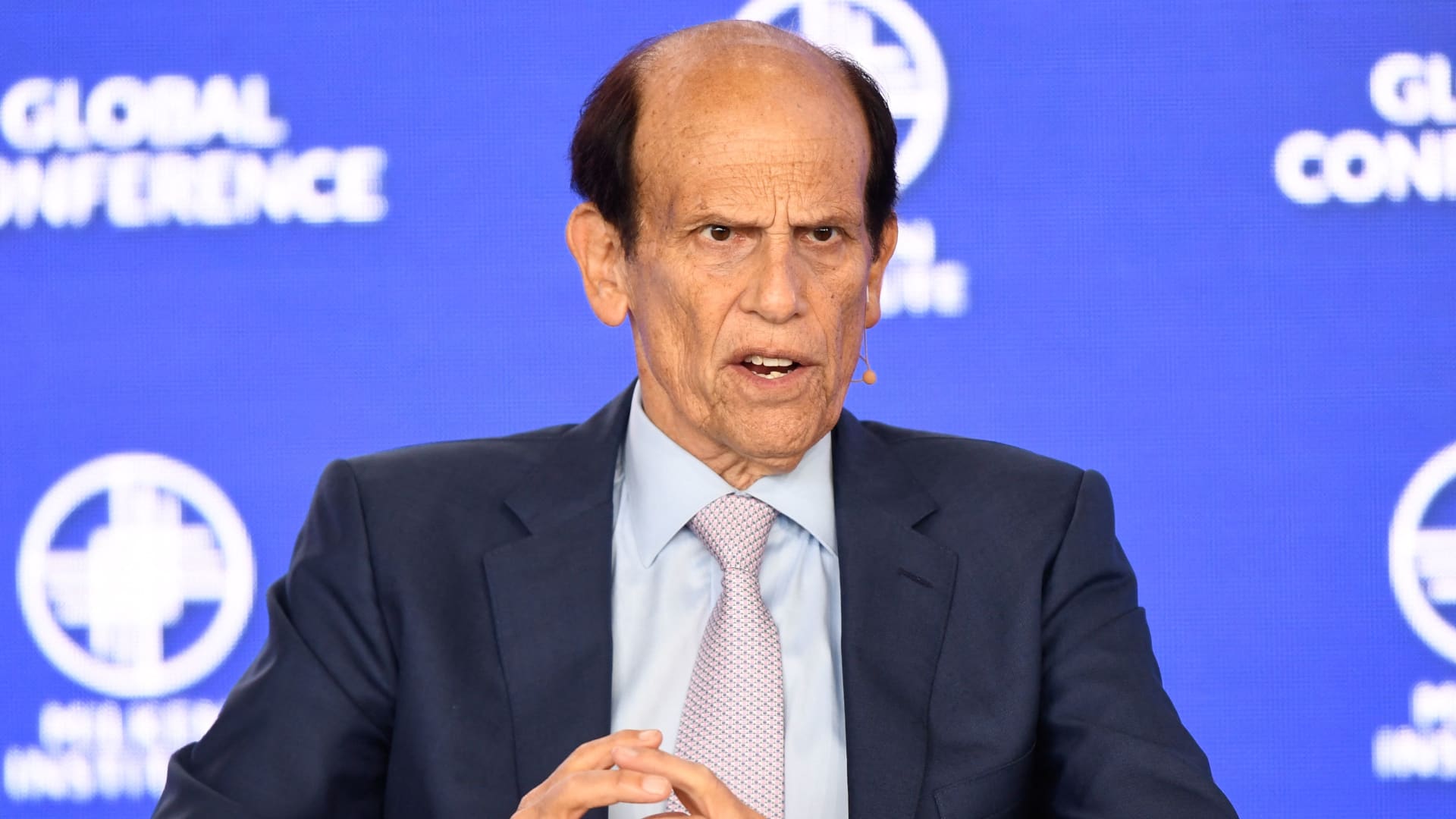Unlock the Editor’s Digest for free
Roula Khalaf, Editor of the FT, selects her favourite stories in this weekly newsletter.
Demands for pay rises by European workers are the main threat to early interest rate cuts, analysts have warned, after European Central Bank president Christine Lagarde quashed investors’ hopes of a first-quarter cut this week in Davos.
Policymakers at the ECB, which will on Thursday be the first major central bank to meet this year, were out in force this week in Davos saying they remained concerned about high wage growth and the potential for this to trigger a surge in price pressures.
During meetings of the World Economic Forum in the Swiss town, Lagarde and Gita Gopinath, first deputy managing director of the IMF, were among those pushing back on market expectations of a rate cut in the first quarter wing to concerns over pay increases.
Dirk Schumacher, a former ECB economist now at French bank Natixis, said recent comments by ECB rate-setters indicated they were “warming up to the idea of a rate cut during the summer”. But he said “the main hurdle for a clear shift in tone” was wage growth.
These concerns were underlined after the IG BAU union on Thursday announced a demand for a €500 per month wage increase for 930,000 German construction workers, which it said would lift pay for the lowest paid majority of workers by 21 per cent.
Tomasz Wieladek, an economist at investor T Rowe Price, said that even if German construction workers received only half their initial demand and it was spread out over several years, it would still “reinforce the ECB’s fear of persistent medium term inflation and desire to cut slower than markets expect”.
In an interview with the FT, Paschal Donohoe, the president of the Eurogroup, said the coming part of the journey of getting inflation down “is going to be tough — but it is a journey we need to complete.”
He added: “If we don’t complete it, we run the risk of inflation becoming embedded within our economies.”
Inflation has fallen sharply in major economies over the past year, with price growth slowing to 3.4 per cent in the US, 2.9 per cent in the eurozone, and 4 per cent in the UK. But that does not mean the threat is over, especially with inflation in the labour-intensive service sector too high for comfort.
“Wages will remain elevated for some time given the lagging nature of the European wage-setting process,” said Mark Cus Babic, an economist at Barclays. “Those contracts that have not yet renegotiated since the inflation shock could settle at high rates while those that have already renegotiated before will start settling at lower rates as inflation has fallen.”
Lagarde’s comments that information needed to assess the strength of wage pressures would only be fully available by “late spring” caused a sell-off in bond and equity markets on Wednesday as investors adjusted their bets on the timing of rate cuts from March to April.
There have been signs of UK wage growth easing, with annual growth in earnings excluding bonuses slowing to 6.6 per cent in the three months to November, down from 7.3 per cent the previous month.
However, many analysts believe the Monetary Policy Committee will want to see clearer and more sustained evidence of pay pressures easing before it feels confident it can start cutting interest rates from their current level of 5.25 per cent.
In the US, officials are becoming more concerned that the labour market will tank than overheat.
Rate-setters have noted that jobs growth has shown signs of cooling in recent months, with some suggesting that the Fed should soon switch its focus away from inflation and towards the part of its mandate that safeguards jobs.
However, some US rate-setters believe that higher wage growth is needed to bring workers’ pay packets back in line with levels seen prior to the outbreak of the coronavirus.
















